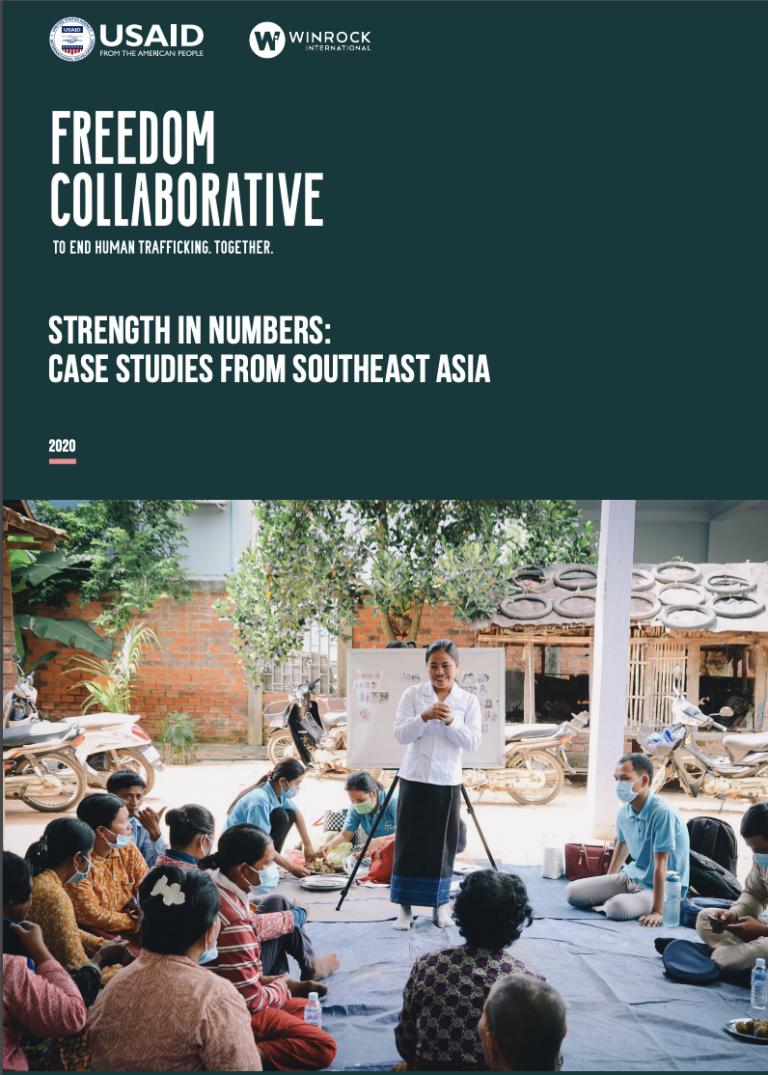Freedom Collaborative was launched in 2016 by Liberty Shared, with support from Chab Dai International, as an online platform for cross-border cooperation between anti-trafficking service providers in Asia. Since then, we have been excited to see the momentum it has gathered and the change it has created, and have continued to shape and improve this ambitious and independent platform for the global anti-trafficking community.
During the past four years we have passed many significant milestones and are proud that Freedom Collaborative is now the primary platform that enables anti-trafficking service providers and activists across the world to come together and share information. We have enabled stakeholders with no previous access to the community to become connected, and have provided the infrastructure for organizations of all sizes to participate in the global discussion. By sharing and highlighting the expertise of local grass-roots groups, we increase their strategic visibility in the community. By providing our frontline partners with accessible data collection and analysis tools, we bring together data sets on exploitation activity, contextual factors, and the existing response landscape.
As we moved into 2020, the need for an information sharing mechanism for anti-trafficking stakeholders became even more evident as the COVID-19 pandemic hit vulnerable communities and responding agencies in many ways. Much of the work begun in previous years has enabled us to adjust quickly and increase our engagement with members, to help them stay focused on delivering the support their clients need.
This case study report was produced as part of the USAID Asia Counter Trafficking in Persons program (USAID Asia CTIP), which focuses on transnational and regional challenges in the fight against human trafficking. The Freedom Collaborative platform forms a key component of the program’s strategy to promote cross-border cooperation, by improving information sharing and boosting civil society engagement across selected countries in the region.

